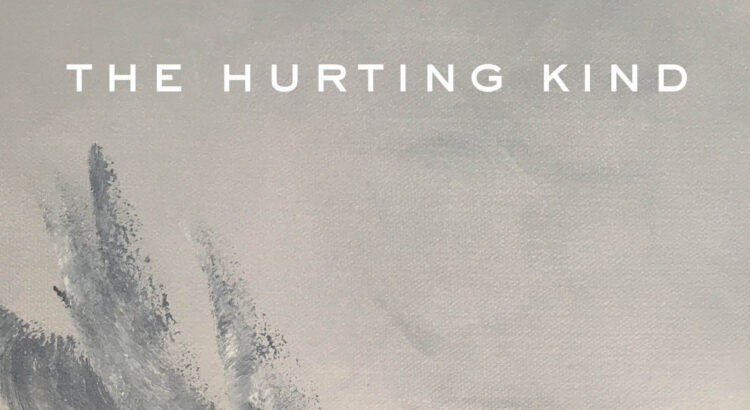Poetry is for people who see the human in the inhuman. Poets can look at a wheelbarrow and see a meaning beyond hauling dirt and bricks. They see the memories, the origin of such an object, and something deeper that I can’t name. The Hurting Kind by Ada Limon is a prime example of this phenomenon.
As peak reading season approaches with rainy, cool days and changing leaves, I headed to the Ann Arbor District Library. Poetry drew me towards it because I knew the books tended to be short and sweet and mid semester I needed the satisfaction of completing something. The title, The Hurting Kind, seemed like the perfect mix of melancholy and deep that fits poetry so well and the author has gathered some acclaim at least from the short blurb that I read.
However, I must admit I’ve never read a poetry book before. I found myself speeding through the book at my normal speed. It seemed wrong. After years of spending an entire class period on a poem and sometimes two classes, I felt like I shouldn’t just be flipping through the pages to reach the end. The more I read, the more I realized that the gift of a poetry book is that you’re able to pick the poems that resonate with you. You don’t have to tread the ones with top shelf names.
The book is sectioned into the seasons with Spring as the start and Winter as the end. Each one has a subtle different feeling even if the season isn’t explicitly mentioned in the poem. My favorite poems come from spring. One of which is the Good Story. In the Good Story, Limon notices how she loved to hear the bad stories about the rough times her grandfather went through. However, once the days became bad, even the stories of overcoming were no comfort. She craved the stories about human kindness. She mentions one about her grandfather. After a breakup, her grandfather gave her a small pizza and watched her eat it in small pieces until she stopped crying. In the end, she decides that “maybe she was just hungry.”
The hope and familial connection drew me to feel something with this poem which may show my lack of poetry experience. Later in the book, Ada mentions the cliche of grandparent poems. Yet, she calls out her grandmother right after in the namesake poem the Hurting Kind. I think this shows a true sense of voice and the fearlessness to say something that may have been said before but that should continue to be said. Overall, I would recommend the Hurting Kind because it would not be the kind of book to hurt to read.


